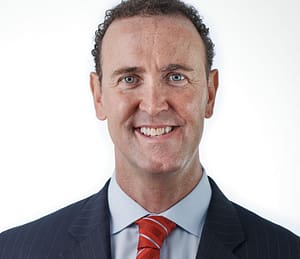Beginning on January 1, 2010, Ms. Beverly Shand-Pistilli received multiple calls at home by debt collector, Professional Account Services, Inc. The calls were as late as 8.58 PM. Beverly asked the debt collector to stop calling her at home but the debt collector ignored her requests and persisted to collect the debt. Judge O’Neill held in Shand-Pistilli v. Professional Account Services (July 26, 2010) that “A debt collector may not cause a telephone to ring or engage any person in telephone conversation repeatedly or continuously with the intent to annoy, abuse, or harass any person at the called number. Ms. Shand-Pistilli asked the debt collector to stop calling her but the debt collector persisted. The law is clear that under such circumstances the calls were made with the intent to harass or annoy. ”
Fair Debt Collection Practices Act
Congress enacted the Fair Debt Collection Practices Act (“FDCPA”) in 1977 after recognizing the abundant evidence of the use of abusive, deceptive, and unfair debt collection practices by many debt collectors. Congress recognized that abusive debt collection practices contribute to the number of personal bankruptcies, to marital instability, to the loss of jobs and invasions of individual privacy. The sole purpose of the FDCPA is to eliminate abusive debt collection practices by debt collectors. The FDCPA provides a private cause of action against debt collectors who fail to comply with the Act’s provisions. A prevailing plaintiff under the Act is entitled to an award of damages, costs of suit and reasonable attorney’s fees.
Request To Stop Calling
Pursuant to the FDCPA, debt collectors are not allowed to call you at any time or place known to be inconvenient. A debt collector violates the FDCPA if they disregard an oral request to stop calling at an inconvenient time or location. For example, if you work nights and sleep during the day, then a phone call at 9.00 AM may very well be inconvenient. Simply informing the debt collector via telephone that 9.00 AM is an inconvenient time is enough to trigger the FDCPA. Any future phone call by that debt collector at 9.00 AM is illegal under the FDCPA.
Repeated Telephone Calls are Illegal
The FDCPA clearly states that debt collectors are not allowed to call consumers telephone repeatedly or continuously with the intent to harass, annoy or abuse the consumer. The FDCPA violation in this instance turns on the volume and pattern of the telephone calls. Simply asking the debt collector to stop calling your telephone triggers your legal rights under the FDCPA. A debt collector that repeatedly calls a consumer after been instructed to stop calling the consumer’s telephone number deliberately violates the FDCPA.
Calls To Family Members or Friends are Illegal
The FDCPA also prohibits debt collectors from calling family members, friends, or any third party in connection with the collection of any debt. The one exception to the general rule is that debt collectors are allowed one (1) telephone call to obtain “location information” of the consumer but that is limited to one (1) telephone call ONLY. Furthermore,the debt collector is prohibited from mentioning “anything” about the debt or even that they are a debt collector. A second (2) telephone call to the same family member, friend, or any third party would be considered a violation of the FDCPA because the debt collector is clearly attempting to embarrass, annoy, or harass the consumer.



